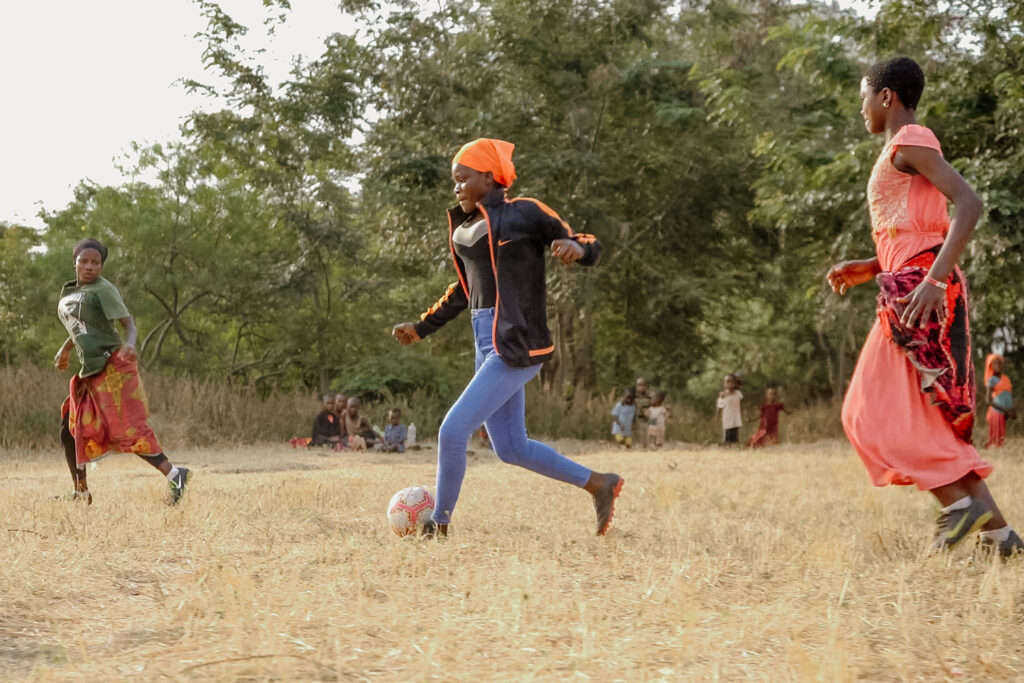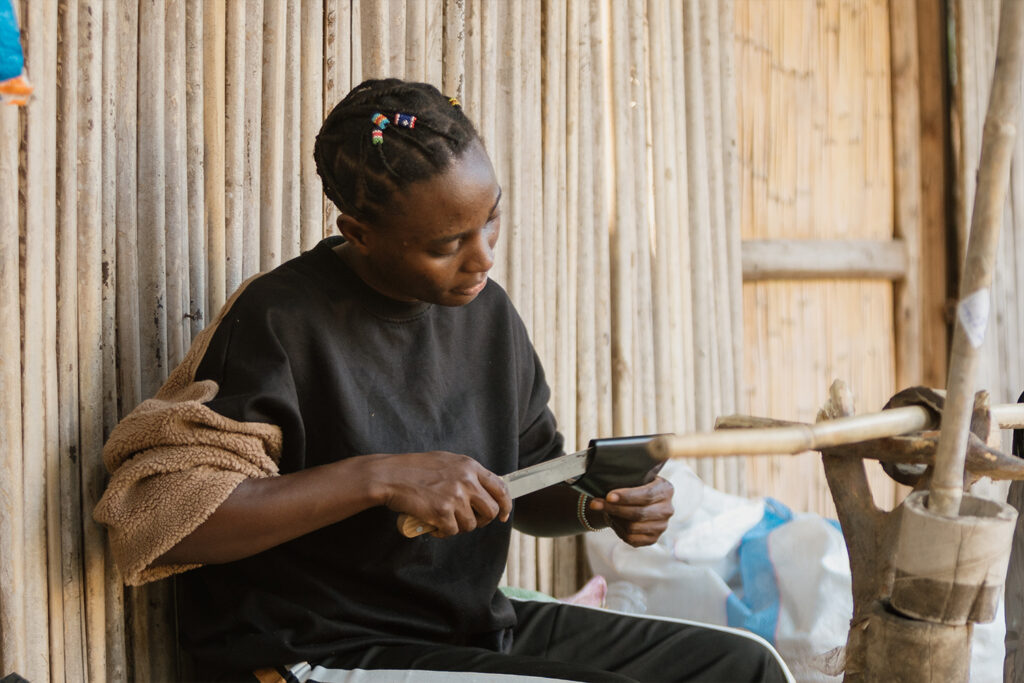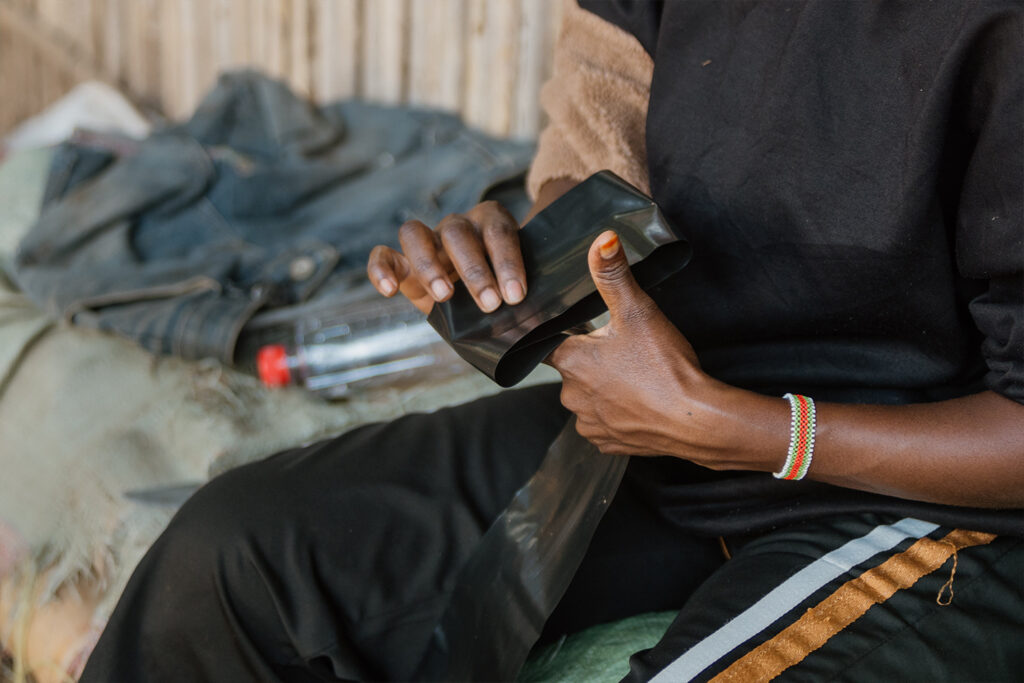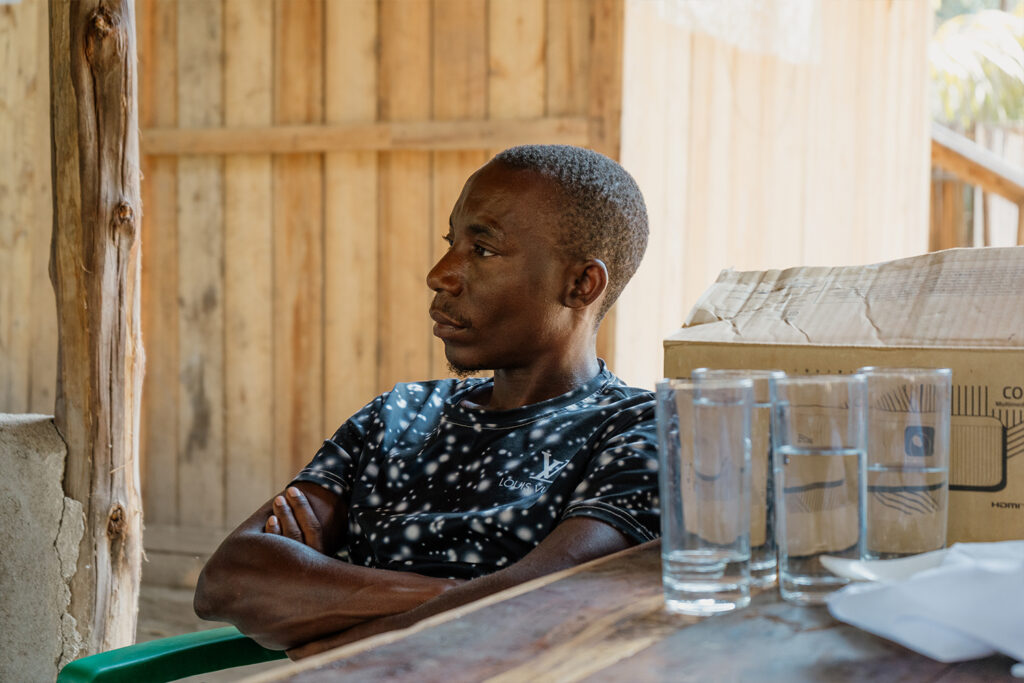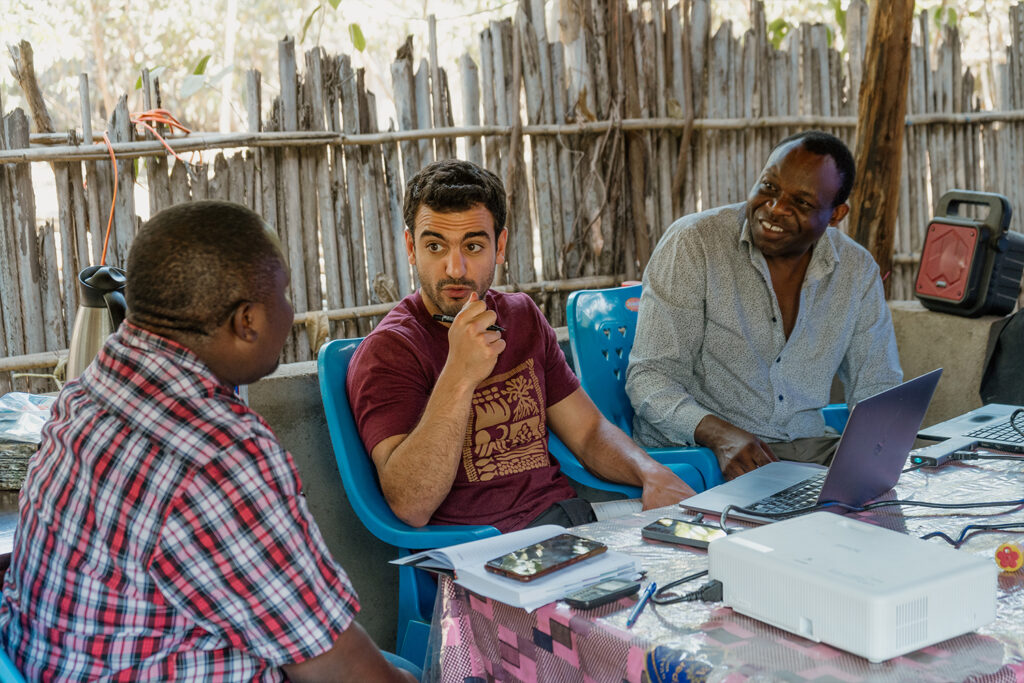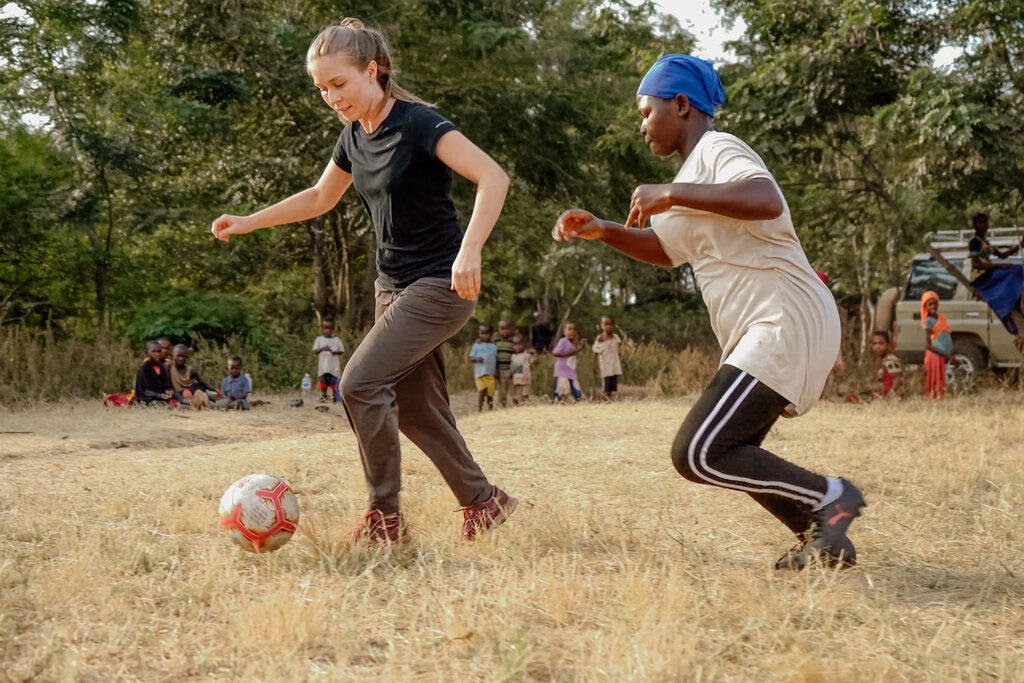Mradi Wa Kilimo Mseto
Agroforestry for Value Chain-based Climate Action in Tanzania




Tanzania’s Kigoma Region, renowned for its agricultural potential, is undergoing a green transformation. Our agroforestry project in the Uvinza district is harmonizing traditional farming with tree planting. This initiative bolsters food security while revitalizing the region’s ecosystem by strategically integrating crops and trees. This approach, marrying agricultural productivity with environmental stewardship, is poised to become a model for sustainable land use in Tanzania.
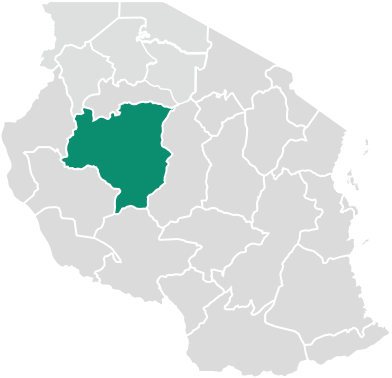
Uvinza, Tanzania
Project Location: Uvinza, Tanzania
Methodology: Afforestation, Reforestation, and Revegetation (ARR)
Standard: Gold Standard
![]() Plantation Area: 2,500 HA
Plantation Area: 2,500 HA
![]() Farmers Engagement: 2,500 Farmers
Farmers Engagement: 2,500 Farmers
![]() Lifetime Removals: 2 million+ tCO₂e
Lifetime Removals: 2 million+ tCO₂e
Species
Anacardium Occidentale
Acacia Polyacantha
Tectona Grandis
Elaeis Guineensis
Khaya Anthoteca
Gmelina Arborea
Theobroma Cacao
Albizia Lebbeck
Decarbonizing Value Chains
By integrating tree planting with crop cultivation, this initiative offers a landscape approach to farm management and decarbonization of supply chains. The program aims to enhance soil health, livelihoods, and groundwater levels. A bottom-up approach drives the implementation of this farmer-led initiative, where the region’s smallholders have multiple agroforestry model options, including cover cropping and shade trees for their existing cultivation practices. The program also integrates community football teams across the villages of implementation as a social bonding exercise to increase participation and engagement in the program. Another important aspect of this program–the seed banks–serves to enhance the quality of produce and preserve high-yield varieties.

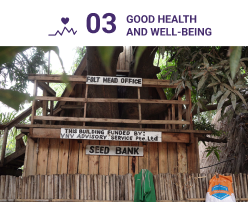
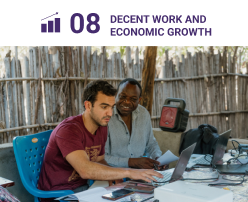
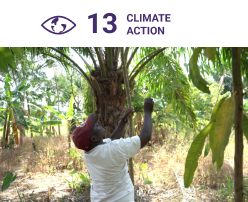
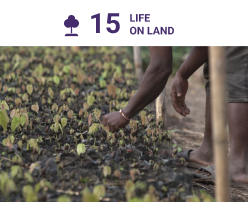
The centralized seed banks in this project serve to preserve and promote the use of seed varieties with high nutritional value. This is crucial for introducing climate-resilient varieties into the cropping mix. Additionally, the regenerative approach of using agro-waste residue leads to the diversification of crop systems, helping improve nutritional security.
The region of Kigoma is quite challenging logistically, with farmers facing supply chain challenges and the resulting financial losses. Modern agroforestry techniques are crucial for the diversification of produce and food security. Income stability and financial literacy are two key pillars of this project. This program implementation, thus, naturally, includes access to mainstream banking and microfinance for these communities.
With varied weather patterns causing crop losses over the years, this program aims to mitigate that risk. That is achieved by integrating resilient varieties of food and cash crops to help smallholders tide over the risk of crop loss. These value chains include products such as cacao, which can be a good source of income for farming communities if grown in a more climate-resilient manner.
Tanzania is home to a diverse range of species, flora and fauna. Programs such as these help with groundwater retention and the enhancement of soil health across the watershed. These aspects of the project directly help local biodiversity ecosystems thrive. The project has a landscape-based approach and will help restore and enable a significant positive impact on life on land in this region.
Striving for Equal Opportunity

The centralized seed banks in this project serve to preserve and promote the use of seed varieties with high nutritional value. This is crucial for introducing climate-resilient varieties into the cropping mix. Additionally, the regenerative approach of using agro-waste residue leads to the diversification of crop systems, helping improve nutritional security.
Forestry for Income Generation

The region of Kigoma is quite challenging logistically, with farmers facing supply chain challenges and the resulting financial losses. Modern agroforestry techniques are crucial for the diversification of produce and food security. Income stability and financial literacy are two key pillars of this project. This program implementation, thus, naturally, includes access to mainstream banking and microfinance for these communities.
Nationwide Chemical-free Produce

With varied weather patterns causing crop losses over the years, this program aims to mitigate that risk. That is achieved by integrating resilient varieties of food and cash crops to help smallholders tide over the risk of crop loss. These value chains include products such as cacao, which can be a good source of income for farming communities if grown in a more climate-resilient manner.
Grassroots Climate Action at Scale

Tanzania is home to a diverse range of species, flora and fauna. Programs such as these help with groundwater retention and the enhancement of soil health across the watershed. These aspects of the project directly help local biodiversity ecosystems thrive. The project has a landscape-based approach and will help restore and enable a significant positive impact on life on land in this region.
Gallery

